
Only 10% of breast cancer is hereditary. Which means 90% is not. Now, you can't change your genes, but healthier lifestyle choices can make a difference.


Only 10% of breast cancer is hereditary. Which means 90% is not. Now, you can't change your genes, but healthier lifestyle choices can make a difference.

A new study has found that nearly one third of cancer patients suffer from anxiety or other mental health challenges, with breast cancer patients, head and neck cancer patients and melanoma patients suffering the most.

New research suggests that exposure to dim light at night may cause breast cancer patients to become resistant to certain types of therapy.

Many studies have found a link between regular exercise and a lower risk of being diagnosed with breast cancer or breast cancer coming back (recurrence). As a result, the American Cancer Society and many doctors recommend that women who've been diagnosed with breast cancer, as well as those who haven't, exercise regularly – about 4 to 5 hours per week at a moderate intensity level. (Brisk walking is considered moderate intensity exercise.)

To address the question of whether axillary dissection is necessary in older women, researchers in Milan, Italy recruited 238 women aged 65-80 years with cT1cN0 breast cancer and randomized them to receive conservative surgery with or without axillary node dissection.
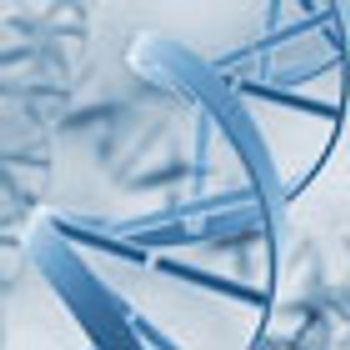
More than one-third of patients with breast or ovarian cancer or a family history of those diseases who also saw a genetic counselor did not pursue genetic testing for BRCA 1 or BRCA 2 mutations

A new analysis of the National Surgical Adjuvant Breast and Bowel Project (NSABP) B-32 trial presented at the ASTRO 56th Annual Meeting offers substantial evidence that treatment with radiation therapy does not increase the incidence of lymphedema in patients with node-negative breast cancer.

Women who received the hormone suppressor goserelin (Zoladex) along with their chemotherapy were significantly less likely to develop premature ovarian failure and were more likely to have successful pregnancies, than women who received chemotherapy alone, according to findings from the federally funded phase III S0230/POEMS clinical trial.
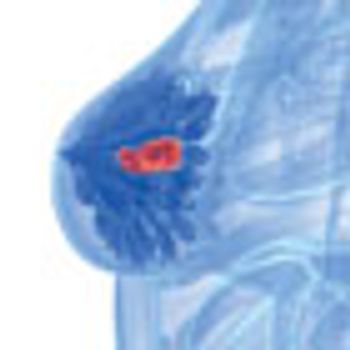
About 5% to 10% of breast cancers are thought to be hereditary, caused by abnormal genes passed from parent to child.

One of the first studies to prospectively examine women's breast surgery preferences has revealed that newly diagnosed women with breast cancer who decide to undergo contralateral prophylactic mastectomy (CPM) aren't relying on evidence-based information, highlighting the need for interdisciplinary patient education and communication.

With more and more data supporting the association between actress Angelina Jolie's double mastectomy and an increase in the amount of patients seeking genetic testing, the attention is on genetic counselors to improve their intake model to more efficiently handle the increased demand.

A new study has shown that while there was an increase in the percentage of women diagnosed with early-stage breast cancer undergoing a double mastectomy, the increase was not associated with a lower risk of death compared to breast-conserving surgery plus radiation.

The American Society of Clinical Oncology (ASCO) has released a new clinical practice guideline on the treatment of patients with advanced HER2-negative breast cancer.

Helpful eating tips for women who are going through breast cancer treatment

Every year, Cancer Hope Network (CHN) awards a group or individual who has made a difference through their own courageous battle with cancer, or who has helped others through the ordeal of treatment. The Committee evaluates nominees on how they made a difference through a display of courage, spirit, inspiration, or support in the battle with cancer.

The demand for genetic services has never been greater. Vast advances in genetic technology, Angelina Jolie's disclosure that she is a BRCA mutation carrier, and the Supreme Court ruling on gene patents have hurled genetic services into the mainstream. Since the Supreme Court ruling last year, the cost of germline (hereditary) genetic testing has plummeted and now includes panels of genes.

A randomized multi-center trial examining the efficacy of adding the prohormone dehydroepiandosterone (DHEA) to a vaginal bioadhesive moisturizer in postmenopausal survivors of breast or gynecologic cancer has found that daily rather than as-needed use of such a moisturizer significantly relieves symptoms of vaginal atrophy in these women, and that when DHEA is added, survivors report significant improvements in sexual desire, arousal, pain, and overall sexual function.

Archana Ajmera, RN, MSN, WHNP-BC, ANP-BC, nurse practitioner, University of California, San Francisco, Helen Diller Family Comprehensive Cancer Center, discusses the challenges of managing stomatitis.

New research has found that high risk and minority women receive better cancer care if they are paired with a patient navigator.

Although white women have a higher incidence of breast cancer than African American women (123.2/100,000 versus 118/100,000), African American women have a 40% higher mortality rate.
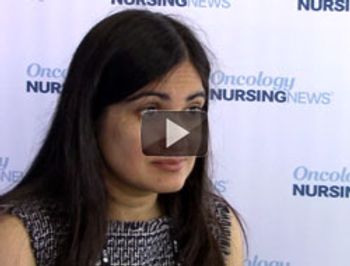
Reshma Jagsi, MD, DPhil, associate professor, Department of Radiation Oncology, University of Michigan Health System, discusses the benefits of hypofractionated radiotherapy for patients with breast cancer.

Even though universal coverage for postmastectomy breast reconstruction is mandated, a new study has found that the majority of women are deciding not to undergo breast reconstruction surgery following a mastectomy.
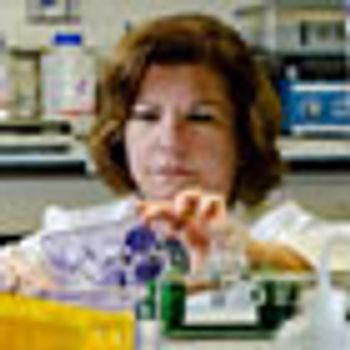
Researchers at The University of Texas at Austin have found that postmenopausal overweight or obese breast cancer patients receiving hormone therapy as part of their treatment who use nonsteroidal anti-inflammatory drugs (NSAIDs) have significantly lower breast cancer recurrence rates and a sizable delay in time to cancer recurrence.
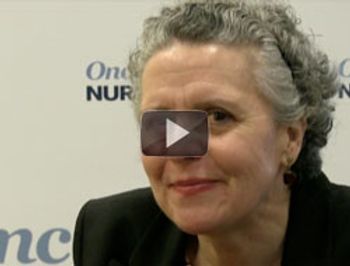
Deirdre Kiely, MS, MPA, RN, ANP, nurse practitioner, Perlmutter Cancer Center at NYU Langone Medical Center, discusses some of the challenges of getting breast cancer patients to exercise routinely.

Conversations happen across clinical settings every day. In conjunction with her family, a mother makes decisions about radiation, chemotherapy, and surgical treatments for breast cancer.